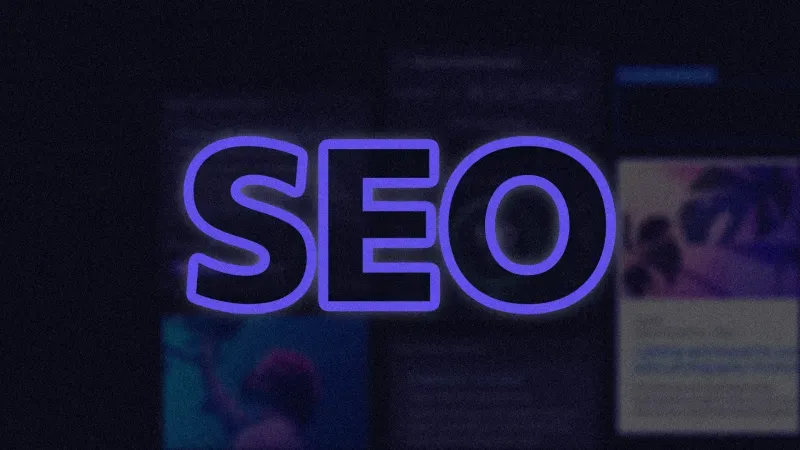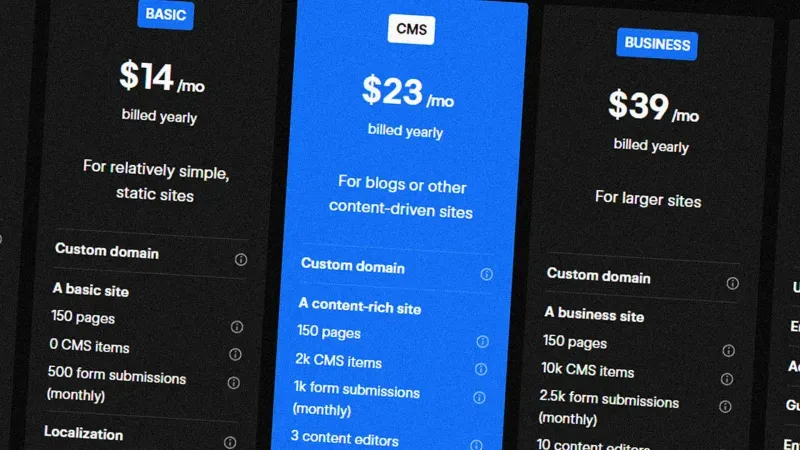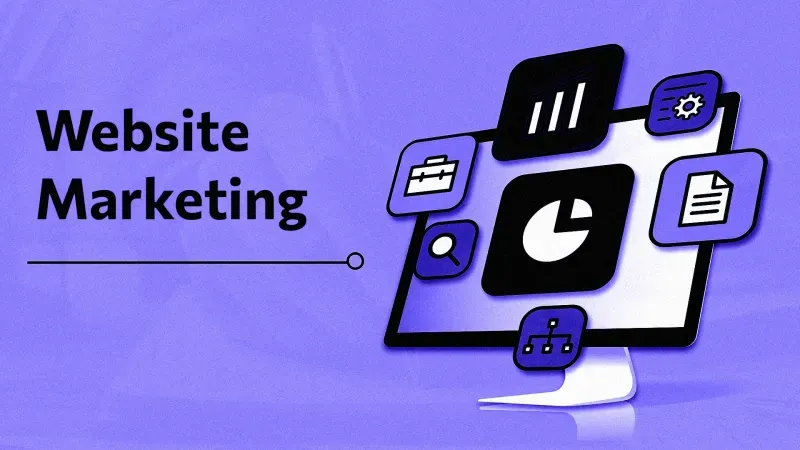Webflow vs. WordPress
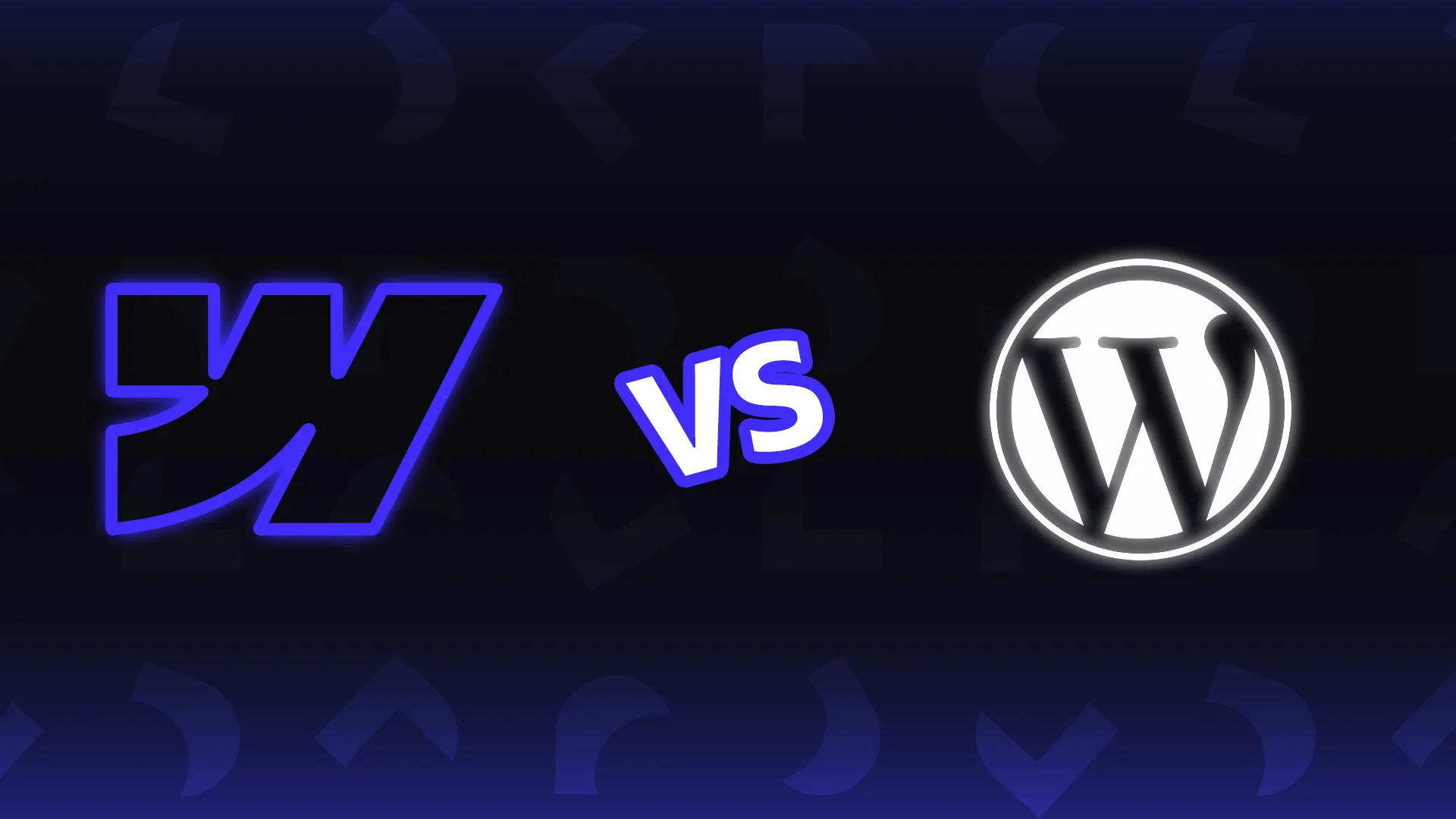
Picking the ideal platform for your website design is an important choice that will have a big influence on your internet visibility. Two well-known competitors in the website creation space, Webflow and WordPress, provide different methods for design and development.
This comprehensive guide aims to provide you with an understanding of the advantages and factors to take into account with each platform so you can make an informed decision based on your requirements.
Webflow vs. WordPress: An In-Depth Comparison
Design and Flexibility
Webflow:
- Drag-and-Drop Excellence: Webflow is an effective tool for creating aesthetically pleasing websites without having to deal with complicated coding thanks to its user-friendly drag-and-drop interface.
- Creative Freedom: Webflow's flexibility enables designers to exercise creative freedom, making it a preferred choice for those seeking to bring unique visions to life.
WordPress:
- Themes and Adaptability: WordPress offers a vast array of themes, allowing users to select pre-designed layouts. While customization is possible, it may pose a steeper learning curve, particularly for beginners.
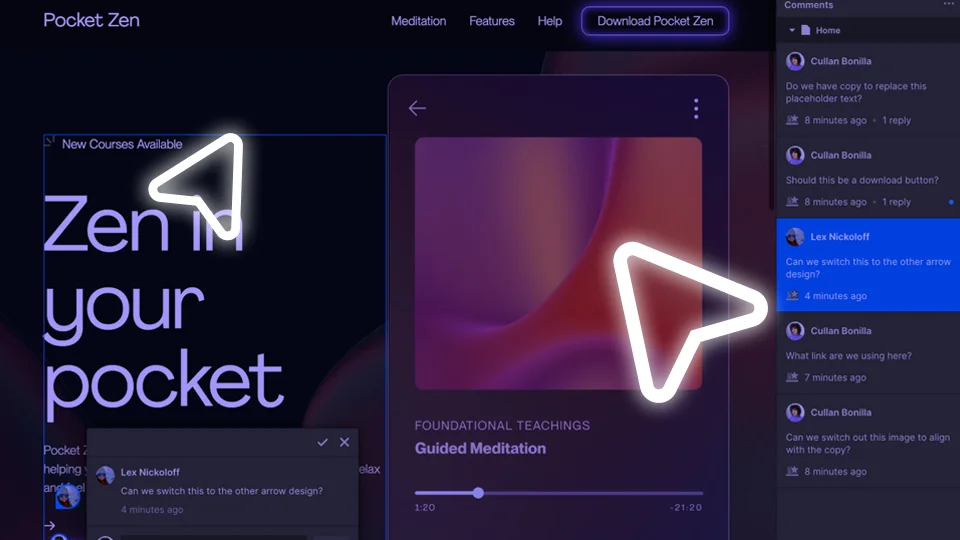
Ease of Use
Webflow:
- No-Code/Low-Code Accessibility: Webflow's no-code/low-code environment ensures accessibility, even for those with limited coding experience.
- Efficiency in Design: The platform streamlines the design process, allowing for efficient website creation and updates.
WordPress:
- Familiar Dashboard: WordPress presents users with a familiar dashboard, providing comfort for those already accustomed to the platform.
- Customization Learning Curve: Although user-friendly, WordPress may require a learning curve for extensive customization, especially for newcomers.
Website Performance
Webflow:
• Optimized Hosting: Webflow excels in hosting and optimization, ensuring websites load quickly and deliver optimal performance for a positive user experience.

WordPress:
• Plugins and Performance: While plugins enhance functionality, their excessive use can impact performance. Optimization becomes crucial to maintain an optimal website speed.
SEO Capabilities
Webflow:
• Built-In SEO Features: Webflow is designed with SEO in mind, offering clean code output, customizable URLs, and other features contributing to improved search engine rankings.
WordPress:
• SEO Plugins and Practices: WordPress relies on plugins like Yoast SEO for comprehensive SEO management. Users must actively implement SEO best practices for optimal results.
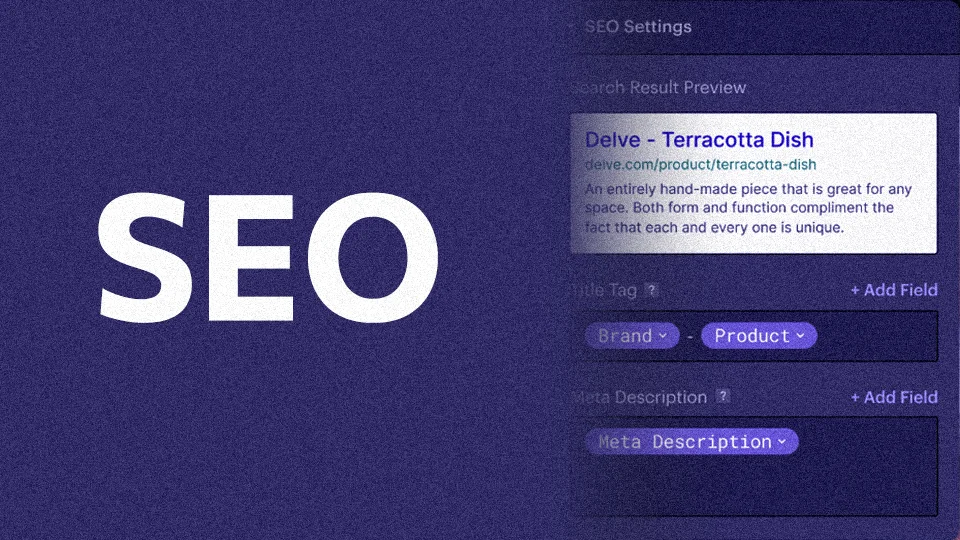
Cost Comparison
Webflow:
Subscription-Based Model: Webflow operates on a subscription-based model with tiered pricing plans, offering flexibility based on user needs and budget.
WordPress:
Variable Costs: WordPress itself is free, but users may incur costs for hosting, premium themes, and plugins, resulting in a variable cost structure.
Real-World Applications
Webflow Success Stories
Webflow has gained recognition through success stories, featuring portfolios of design agencies and testimonials from users highlighting the platform's impact on web projects.
WordPress Success Stories
WordPress boasts an extensive list of success stories, powering major publications and e-commerce giants, showcasing its versatility in supporting diverse website projects.
Which Platform Suits Your Needs?
It's critical to understand your website's goals when deciding between Webflow and WordPress. Taking into account various use cases such as content-based websites, e-commerce platforms, and portfolio websites will help you match your requirements with each platform's capabilities.
Advantages and Disadvantages
1. Webflow's Pros and Cons
Pros:
- No-code/low-code accessibility.
- Responsive and optimized design.
- Efficient design process.
Cons:
- Learning curve for extensive customization.
- Subscription-based pricing.
2. WordPress's Pros and Cons
Pros:
- Extensive theme and plugin options.
- Familiar dashboard for users.
- Open-source nature.
Cons:
- Learning curve for customization.
- Performance considerations with excessive plugins.
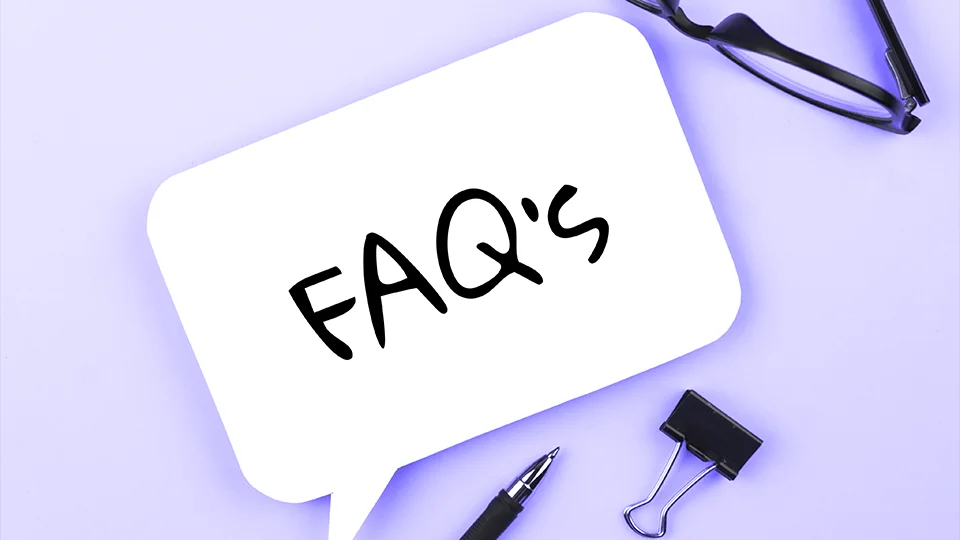
FAQs About Webflow and WordPress
1. Is Webflow suitable for beginners?
Yes, Webflow's no-code/low-code environment makes it accessible for beginners.
2. Can WordPress handle complex websites?
Absolutely, WordPress is capable of handling complex websites with the right plugins and configurations.
3. Which platform is better for SEO?
Both platforms can be optimized for SEO, but Webflow's clean code and SEO-friendly features provide an edge.
4. How does the pricing compare between Webflow and WordPress?
Webflow operates on a subscription model, while WordPress itself is free. Additional costs may arise for hosting and premium themes/plugins.
5. Is it possible to migrate from one platform to the other?
Yes, migration is possible, but it may involve complexities and considerations for design and functionality differences.
Conclusion
In conclusion, whether you opt for the design-centric approach of Webflow or the versatile ecosystem of WordPress, both platforms offer valuable tools for creating impactful and successful websites.
The choice between Webflow and WordPress ultimately depends on your specific needs, goals, and level of expertise. By weighing the pros and cons and considering real-world applications, you can make an informed decision that aligns with your unique website requirements.

